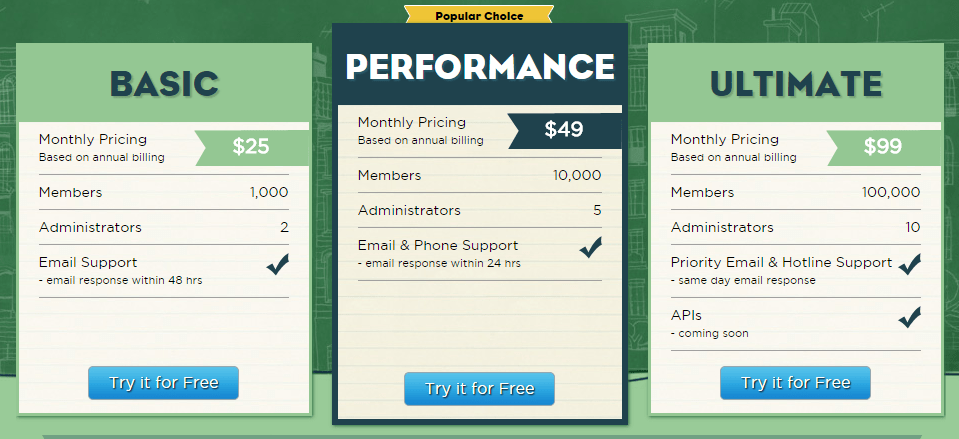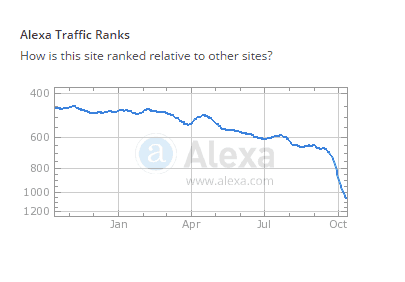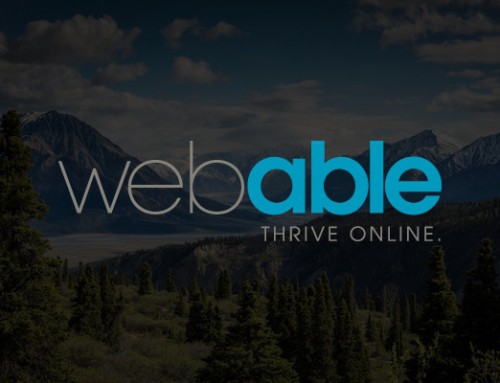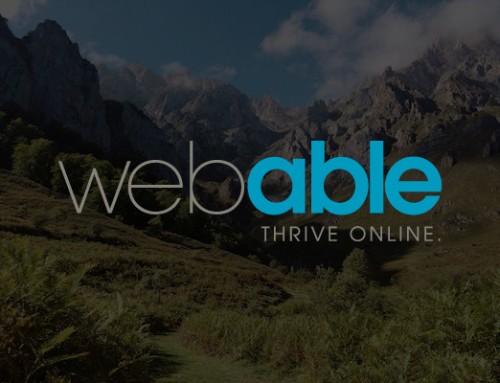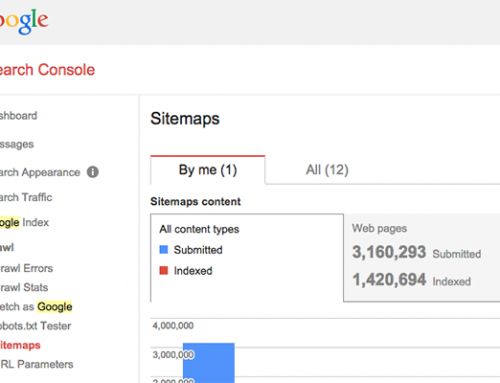Ning.com is a popular website creation platform that offers an inexpensive way to develop and launch a new website. Ning focuses on the sweet spot of speed, focusing on enabling the basic features you need as quickly as possible. There are many competing services in this space.
Ning Setup
A deep dive into Ning and it’s functionality reveals that the initial setup process is easy. You can get a very basic website on a Ning sub-domain (xxxxx.ning.com) up and running in hours. Ning’s platform has built in forum and blog functionality at its core. Comparing these functions with the most popular option – WordPress – reveals that it’s
Ning Pricing
There was time when Ning was quite inexpensive. That is no longer the case. On the publish date for this article, Ning’s pricing plans ranged from $25 per month ($300 per year) to $99 per month ($1,188 per year). The average website has a 3 year life before significant changes are made. Considering the cost of the website over these 3 years with Ning (ultimate package) would be $3, 564, that’s a significant investment for a website that has restricted functionality and a proprietary platform.
Ning Popularity
There was a time when Ning was exploding with growth, as new people were rushing to get their businesses online. Since Ning was among the first offering basic website creation quickly, it grew quickly. The fact that Ning was spending big money in advertising on Google and other networks, certainly helped to maximize its growth. Since then, the self-service website builder landscape has become far more competitive with other brands offering very similar products and services, such as SquareSpace, Joomla, and Weebly. All this has led to a significant decline in the overall traffic to the Ning network, and its popularity as a website creation platform as evidenced by the following Alexa chart:
The biggest issue with this is that as platforms fall our of popularity, fewer and fewer 3rd party add-ons, extensions, plugins, and apps are made available. Take the Apple store as an example of this – the apple store has far more apps than what you can find in the Google Play store for Android phones. That may well change, but that needs to be considered when determining what cell phone to purchase. The same is true with website development.
Leaving Ning as Your Business Grows
Most every business is formed with the intention of growing it. The more you grow, the more your website needs to grow with it – new features, new presentation, and new ways of connecting with users. Those things are limited to what Ning determines is most important to its user base. If you’re doing a good job growing your business, there will be a time in the future when Ning is not cutting it for a website platform. Now, you have to jump through hoops to extract the information from your Ning site to move to a new site – things like user emails, previous blog posts, photos, videos, user accounts (subscribers, editors, authors, etc). And you have to map that into a new database. This is feasible but time consuming and far from simple for the inexperienced website developer. It’s important to consider howeasy it will be to move off the Ning system when you website needs to grow.
Summary of Ning Review
Simply put, Ning is a self-service web creation service built for the end user who knows nothing about website development. If you’re searching for a very limited website, with the basic functionality, and are not expecting to generate much in the way of organic search traffic (SEO), then Ning is a viable alternative. Make no mistake, to get this working the way you like, you’ll invest a good amount of time and money. Time that could be better spent focusing on the core purpose of your business.
Ning Advantages
- Setting up a website with only the basic features can be fast
- Ning platform has all of the basic features of a blog and forum
Ning Disadvantages
- Ning is a web creation platform that lacks the plugins, themes, and developer network found on competing platforms
- Creating a professional website will be time consuming
- Features are limited to what’s available on the platform
- Migrating to a new provider as your site grows could be challenging
- Ning is not cheap – pricing plans range from $300/year to $1,188/year
- Ning is losing market share, and that means fewer 3rd party add-ons are being built
If you expect your business to grow, then consider investing in a website where you have more flexibility and control over how it evolves to grow with the business. Enlist the help of a professional web developer who can deliver the features you need to be successful. If you consider the cost of distracting you from focusing on your business, you’ll find that hiring a website development agency is more affordable than using a website creation system like Ning, with a far better result in the end.

